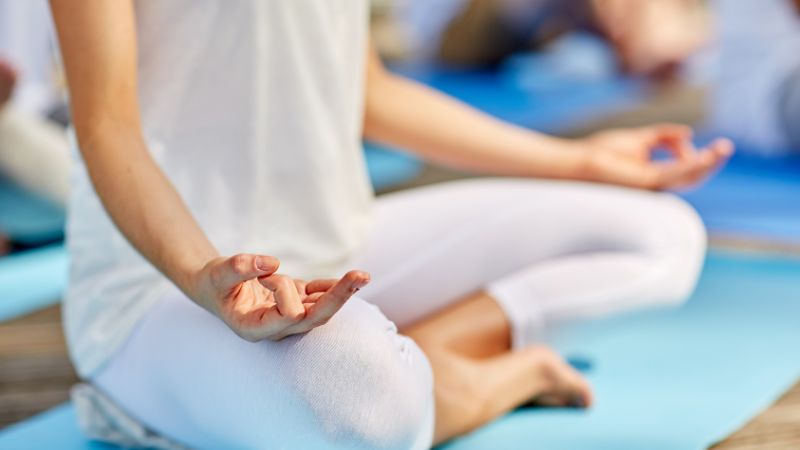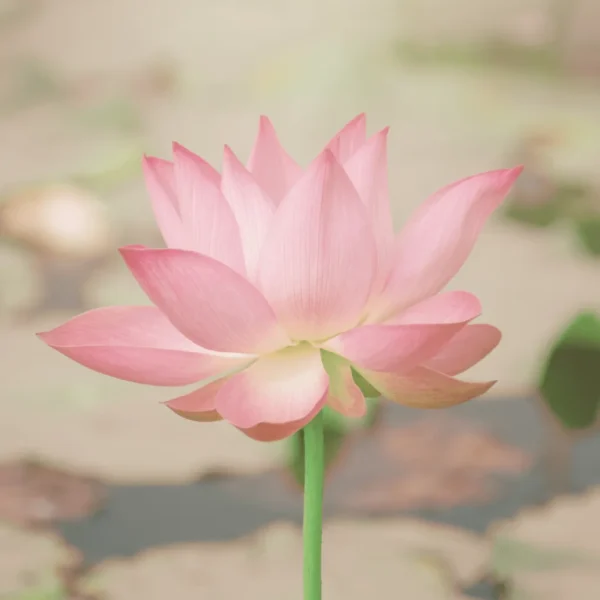How To Meditate For Beginners

Meditation can sometimes feel like an elusive practice, especially for beginners. Many people, myself included, have tried to meditate but found it challenging to calm the mind, focus on the breath, or sit still. In this blog, I’ll share an overview of meditation, pinpoint everyday struggles beginners face, and provide easy steps to help you cultivate a successful practice. Whether you’ve struggled in the past or are just starting, this guide is here to help you find your zen.
Why Meditate?
Meditation offers numerous benefits that can enhance your life. The practice can be transformative, from reducing stress and anxiety to improving focus and concentration. With increasing studies highlighting its positive effects, more people are exploring meditation to achieve mindfulness and emotional balance.
Common Challenges for Beginners
It’s important to acknowledge that many people face hurdles when meditating. Some of the most common challenges include:
- Racing Thoughts: A wandering mind can make meditation difficult. You may feel overwhelmed by endless thoughts that distract you from your practice.
- Time Management: Finding time during a busy day can be tricky, leading many to abandon the practice. Download our free digital planner to manage your busy schedule and travel efficiently—available for a limited time only!
- Immediate Gratification: In our fast-paced world, patience can be a challenge. Many beginners expect instant results, often leading to disappointment and the perception of failure.
- Physical Discomfort: Sitting still can be uncomfortable for some, particularly if you’re not used to it. This discomfort can lead to frustration and reinforce the idea that meditation isn’t for you.
- Fear of “Doing It Wrong”: There’s a misconception that meditation has to be performed a certain way, leading beginners to feel they aren’t meditating correctly.

My Personal Experience with Meditation
Like many others, I attempted to meditate several times, only to become frustrated by my inability to focus. My mind would race with thoughts of things I hadn’t done, worries about the future, and distractions from my surroundings. I’d sit down, close my eyes, and within moments, I’d feel restless. The fear of “doing it wrong” often led me to abandon the practice altogether, thinking that maybe meditation wasn’t for me.
However, after repeatedly facing these challenges, I realized that meditation is a skill that takes time and practice to develop. I decided to take a different approach, focusing on beginner-friendly techniques and allowing myself the grace to learn and grow.
Easy Steps to Start Meditating
Don’t be discouraged if you’ve tried to meditate before and felt unsuccessful! Here are some simple steps to help you start meditating with confidence:

1. Create a Dedicated Space
Finding a quiet corner in your home where you can sit undisturbed is crucial. This could be a cozy nook, a corner of your bedroom, or even a spot in your garden. Personalize this space with calming elements like cushions, a soft blanket, or candles. Make it inviting so you’ll want to return to this space daily.
2. Set a Time Limit
Starting with just 5-10 minutes a day can make all the difference for beginners. Gradually increase the duration as you become more comfortable with the practice. Setting a regular time for meditation, whether it’s morning or evening, establishes a routine that your mind and body can adapt to.

3. Focus on Your Breath
Once you’ve found your space and time, focusing on your breath is key to successful meditation. Sit comfortably, close your eyes, and take a deep breath through your nose, feeling your abdomen expand. Exhale slowly through your mouth. Repeat this a few times, then allow your breath to return to its natural rhythm.
4. Notice and Release Thoughts
As you meditate, thoughts will arise. Instead of trying to suppress them, acknowledge them. When your mind wanders, gently guide it back to your breath without judgment. This practice of “noticing” and “returning” develops your focus like any other skill.

5. Use Guided Meditations
For many beginners, guided meditation can be beneficial. Numerous apps and online resources (like Insight Timer and Headspace) offer meditation sessions designed for various goals, like reducing anxiety or improving focus. These guided sessions can provide structure and support as you develop your practice.
6. Be Kind to Yourself
Ultimately, meditation is not about perfection; it’s about persistence. Be gentle and compassionate towards yourself. If you miss a day or feel frustrated during your practice, recognize that it’s part of the journey. You strengthen your mental muscle every time you return to your breath.

7. Explore Different Techniques
There are many forms of meditation to explore, including mindfulness, transcendental meditation, loving-kindness, and body scan. Experimenting with different styles can help you find what resonates most with you. Don’t be afraid to try various practices until you find the one that feels right.
Transitioning Your Practice
As you become comfortable with meditation, consider transitioning to different techniques that may better suit your needs. For instance, if sitting still is challenging, you might explore walking meditation or try mantra meditation, in which you repeat a calming phrase to help focus your thoughts.
Resources for Success
In the digital age, myriad resources can help you meditate. Here are a few suggestions:
- Apps: Download meditation apps like Calm, Insight Timer, or Headspace for guided sessions and courses.
- Books: For deeper insights, consider reading books such as “The Miracle of Mindfulness” by Thich Nhat Hanh or “How to Meditate” by Pema Chödrön.
- Local Classes: Look for local meditation classes or workshops. Interacting with a community can provide support and motivation.

Conclusion
If you’ve tried to meditate and felt unsuccessful, remember that you’re not alone. Meditation is a skill that takes practice and patience. With the steps outlined in this guide, you should be well-equipped to embark on your meditation journey. In the process, you will cultivate mindfulness, develop your focus, and improve your overall well-being. Embrace each moment of your practice, and allow meditation to unfold as a beautiful and transformative aspect of your life.

So, find a quiet space, set a timer, and take a deep breath. Your journey into the world of meditation begins with you. Happy meditating!
By sharing these experiences and practical steps, I hope to inspire you to continue or begin your meditation practice with renewed enthusiasm. Remember to be patient with yourself and celebrate your progress, no matter how small. Happy meditating!



